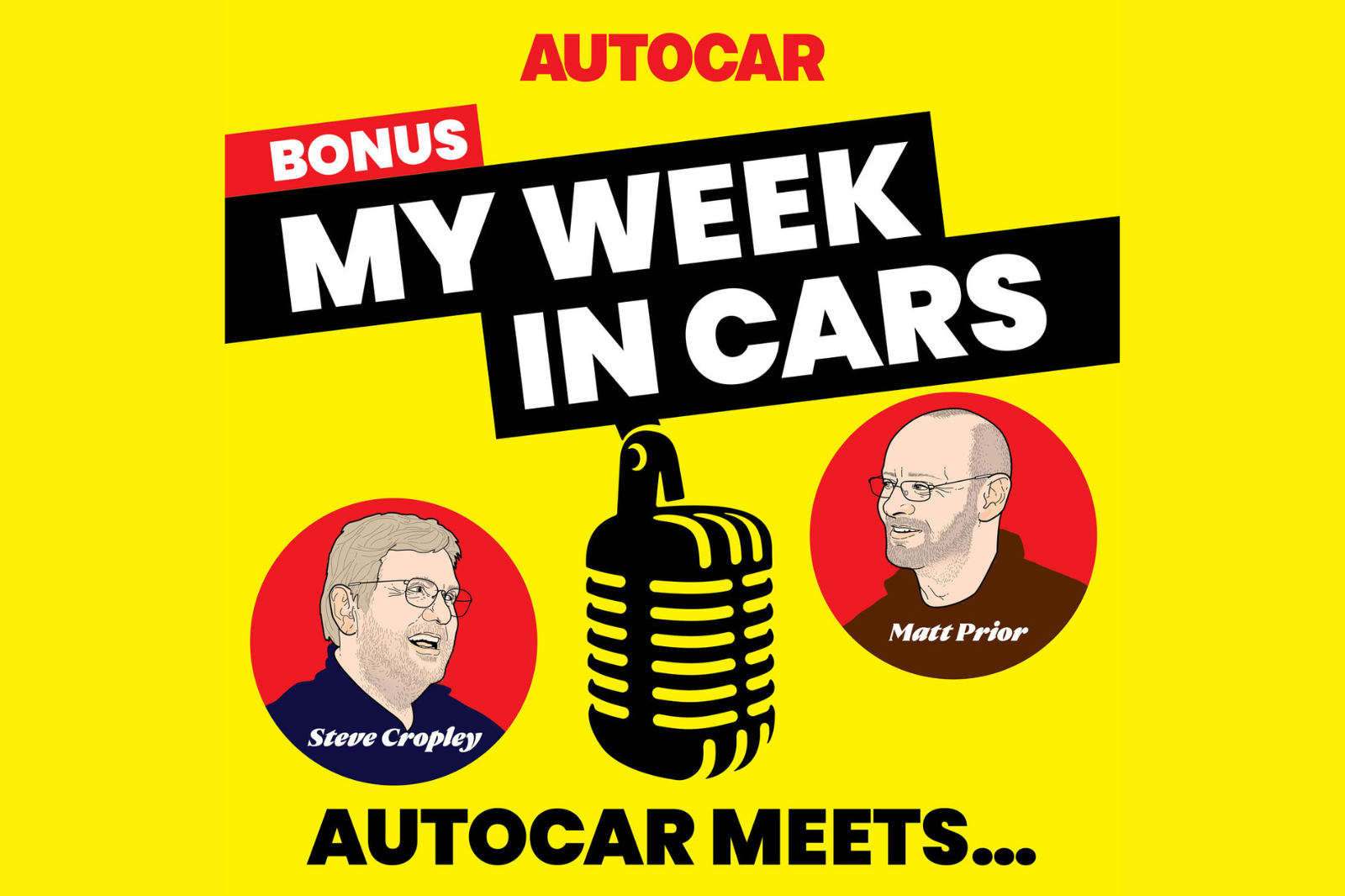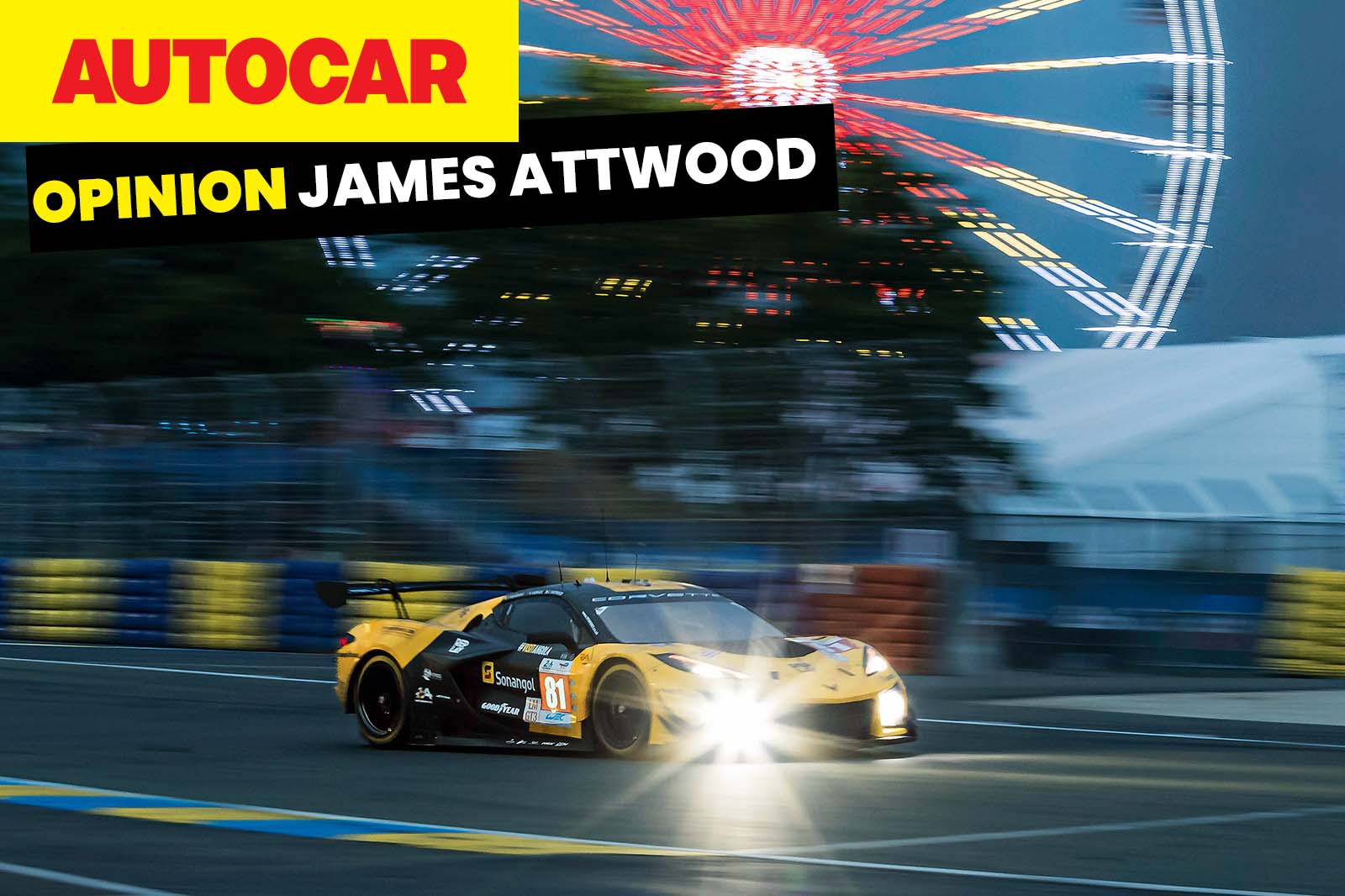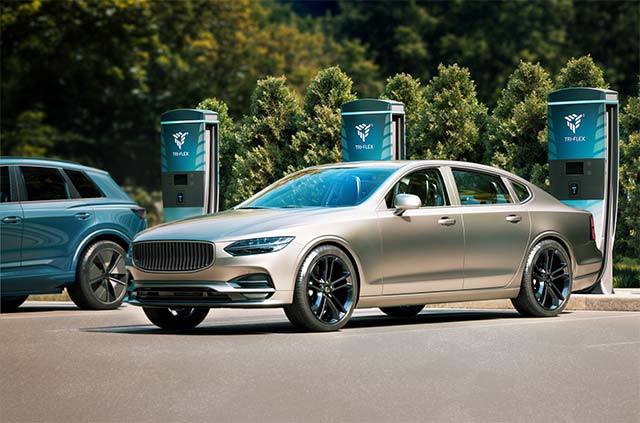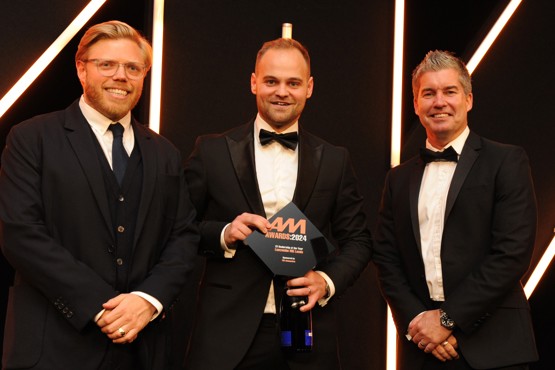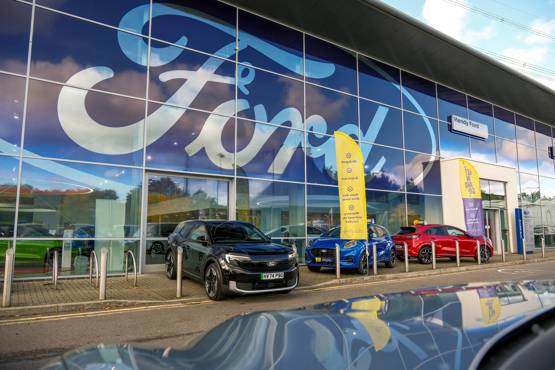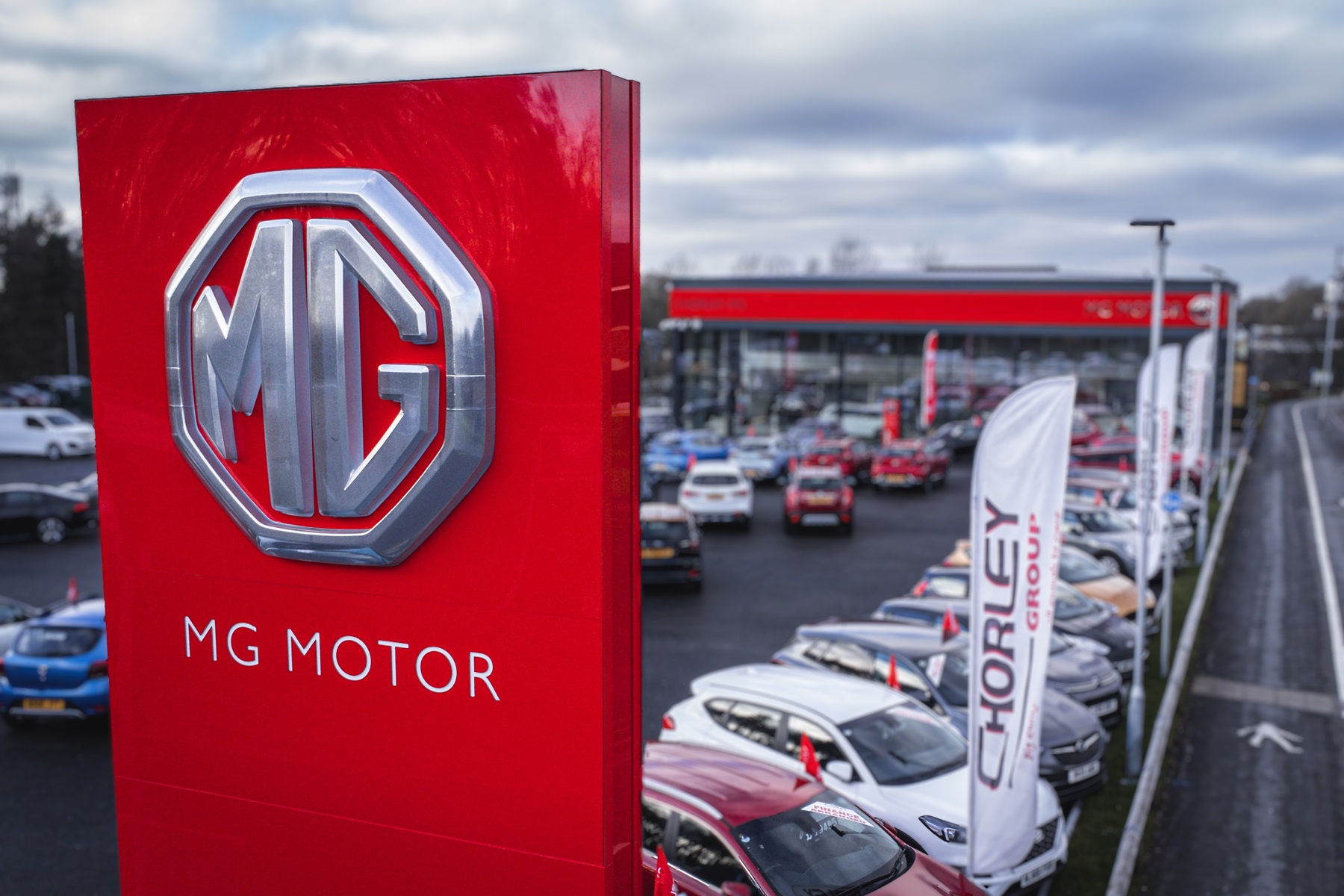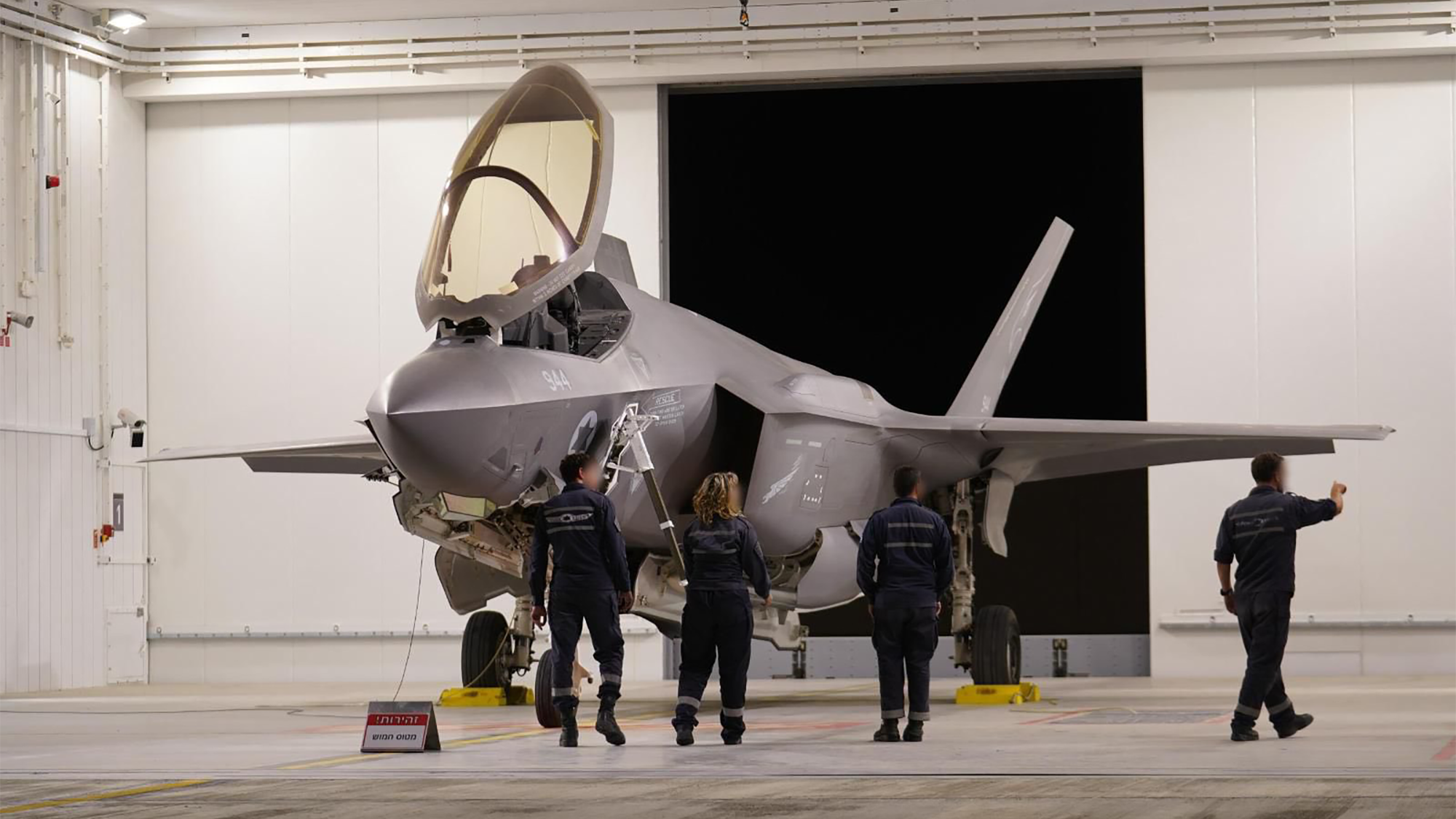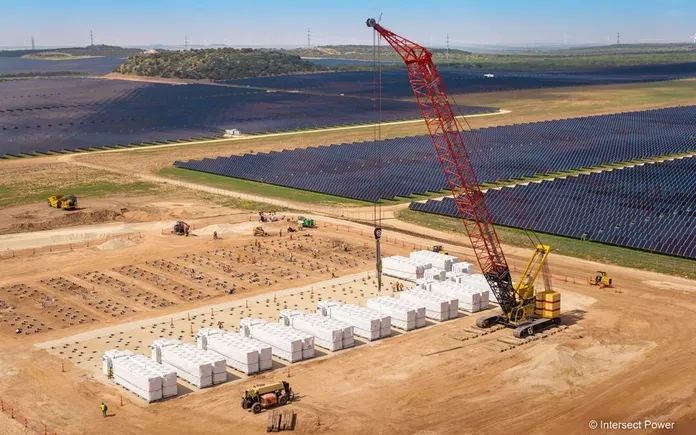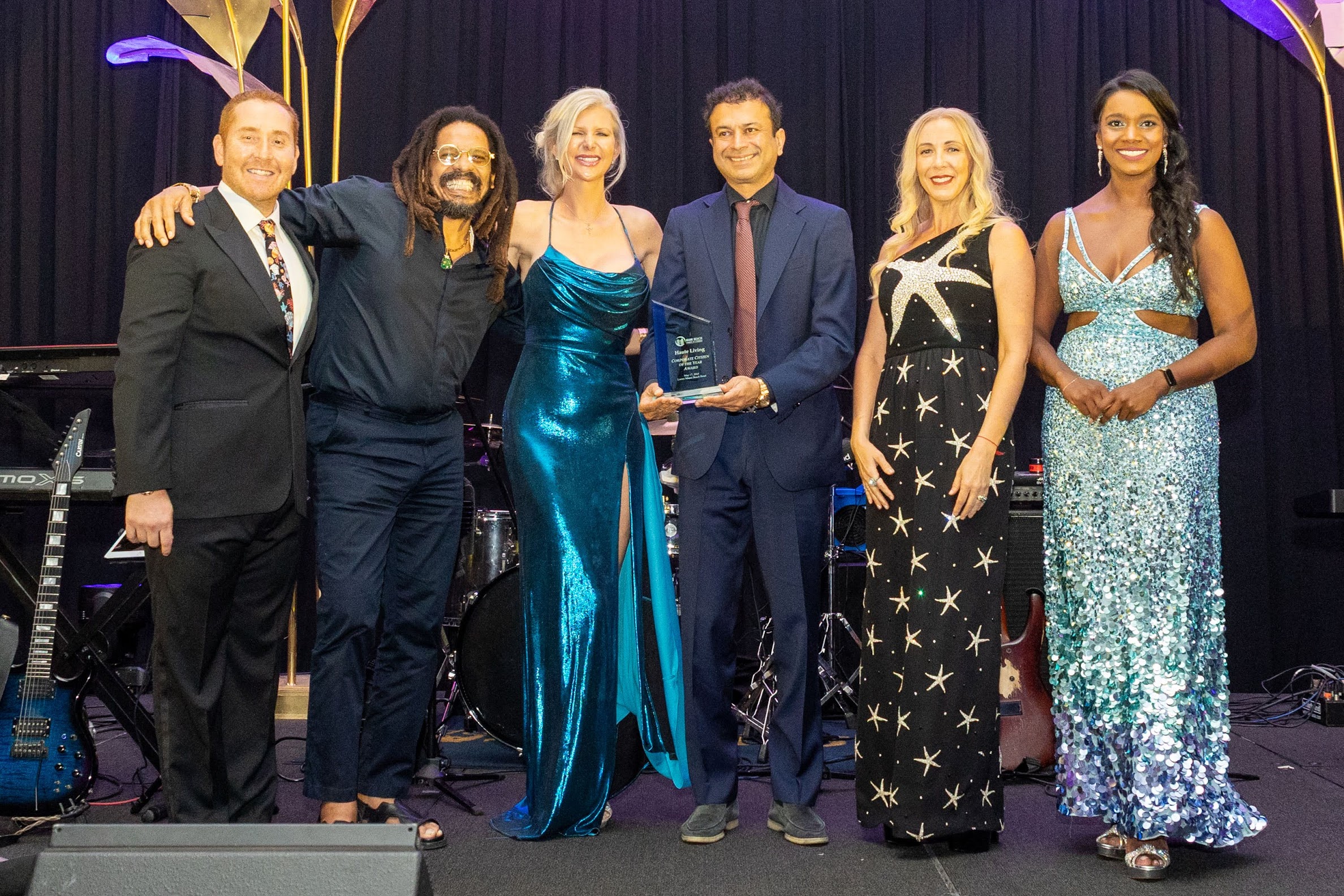Curtis Duffy on Fireproof, Forgiveness, and the Fine Art of Starting Over
Michelin-starred chef Curtis Duffy opens up about trauma, ambition, and his new memoir Fireproof—a searing portrait of survival. The post Curtis Duffy on Fireproof, Forgiveness, and the Fine Art of Starting Over appeared first on Haute Living.
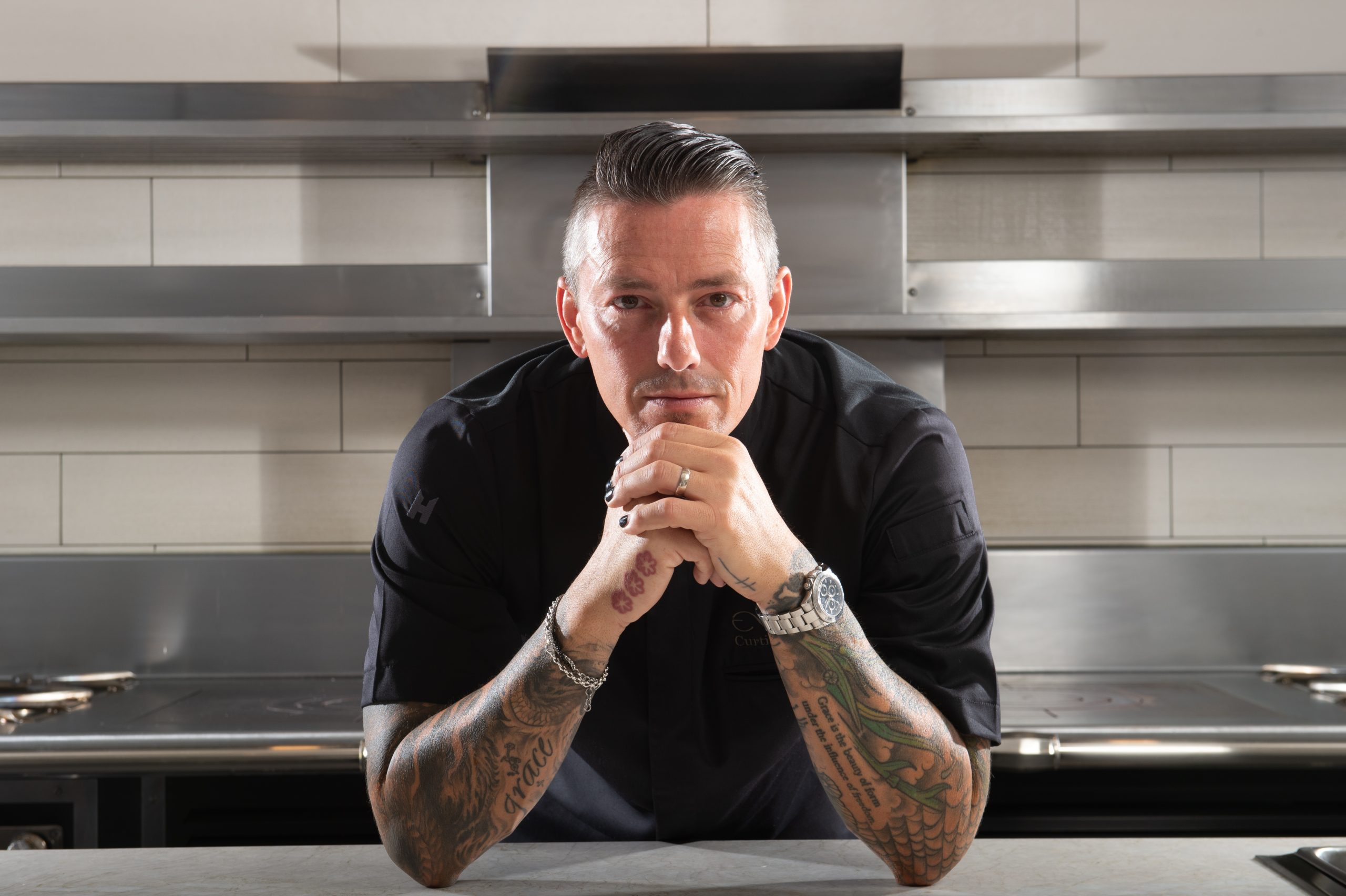
 Photo Credit: Stephanie Cabral
Photo Credit: Stephanie Cabral
CURTIS DUFFY IS A CHEF OF REMARKABLE PRECISION AND EVEN RARER EMOTIONAL DEPTH — ONE OF the few American chefs to earn three Michelin stars, then walk away, rebuild, and rise again. Today, he’s the chef and co-owner of Ever, Chicago’s two-Michelin-starred fine-dining landmark, and its cocktail-driven companion, After. But his story isn’t just about the food — it’s about the fire behind it.
That fire burns through Fireproof, his debut memoir (out August 5), where Duffy recounts his improbable path from a childhood marked by trauma and loss to becoming one of the most celebrated chefs in the world. If For Grace, the acclaimed documentary, offered a glimpse into his world, Fireproof rips the curtain all the way back. It’s a story of survival, obsession, and quiet, hard-earned joy.
In conversation, Duffy is thoughtful and exacting, but also deeply open — whether discussing the emotional architecture of his dishes, his relationship to sobriety, or the memory tattoos he carries from his late father. He’s not chasing stars anymore; he’s chasing something more personal, more lasting — a feeling, a moment, a memory on a plate.
Beyond the kitchen, Duffy is reshaping what legacy can look like in fine dining. He mentors rising chefs, creates opportunities for them to own their future, and quietly champions a better way forward — one that doesn’t require the kind of personal cost he once paid.
He may call himself fireproof, but what makes Duffy unforgettable is not just that he’s survived the heat — it’s how beautifully he’s learned to live within it.
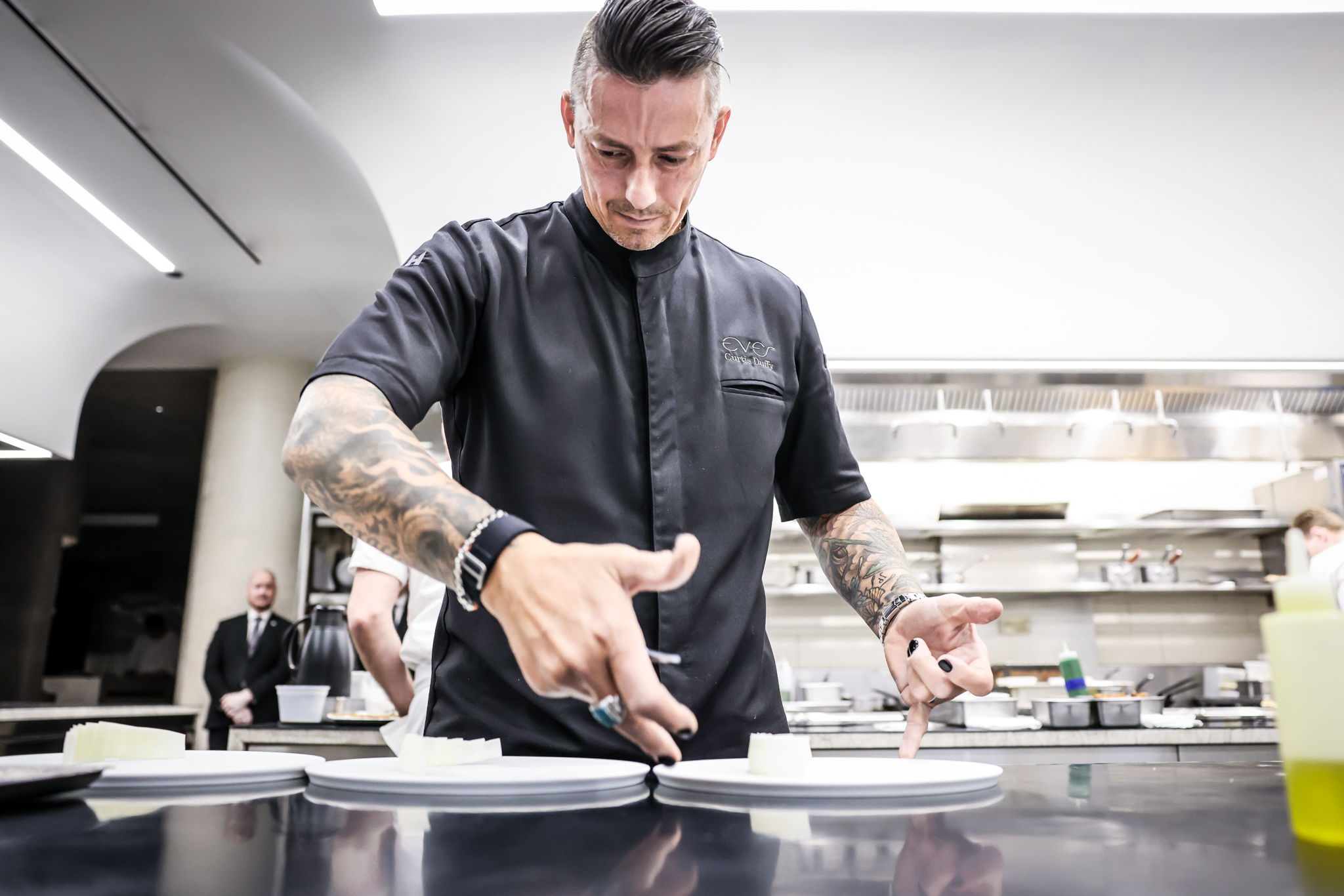 Photo Credit: Michael Muser
Photo Credit: Michael Muser
How has your idea of perfection evolved over time?
Perfection, to me, is a moving target. It’s not something you ever truly reach — it’s about chasing the smallest details that add up to something bigger. The goal is always to be a little bit better than the day before, both personally and professionally.
When you create a new dish, what do you lead with? Flavor? Emotion?
Always the ingredient. We work closely with farmers and foragers, so we’re constantly inspired by what’s coming out of the ground or sea. If we used English peas last year, [a new dish] has to be completely different this year. That’s our approach — start fresh, every time.
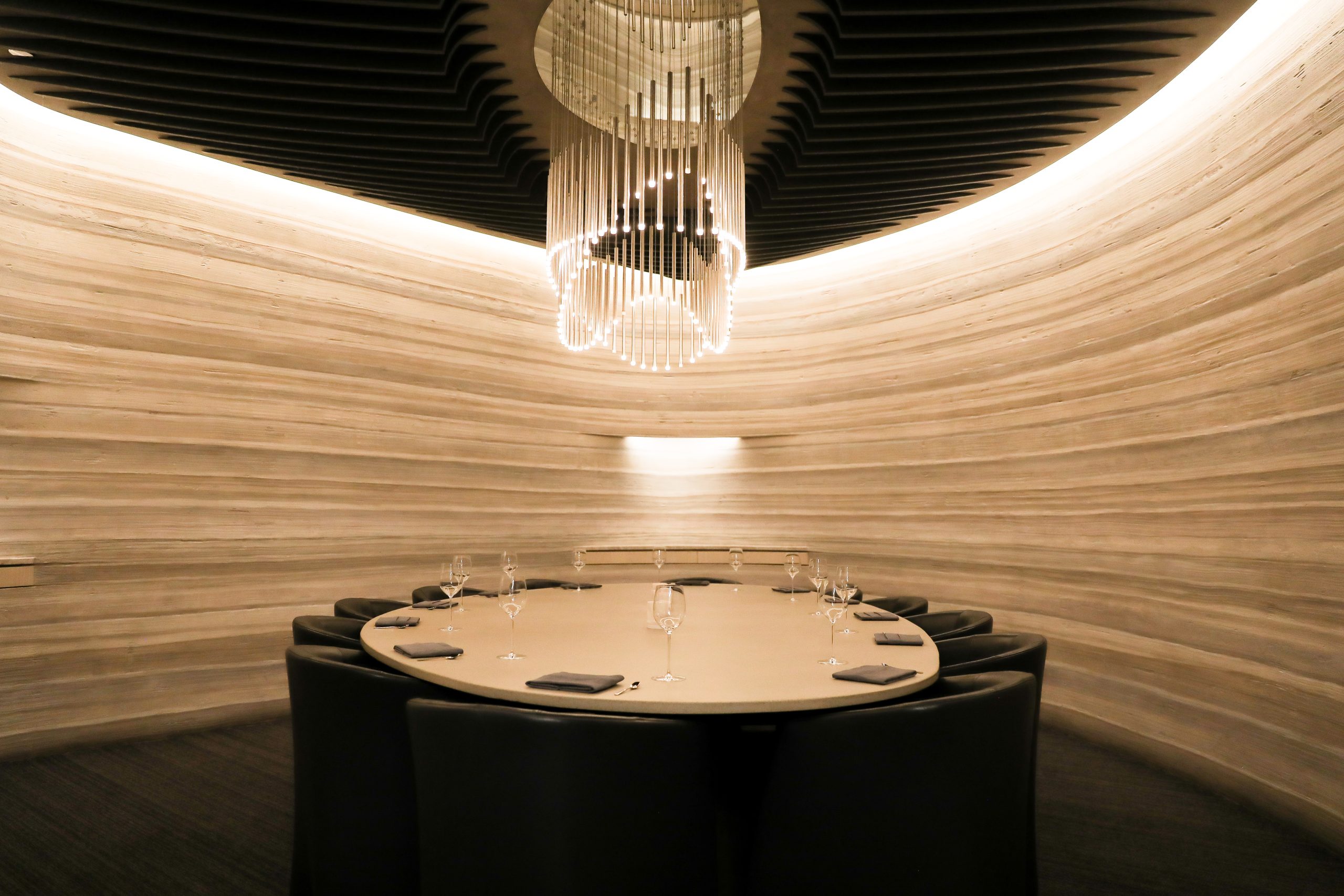
Photo Credit: Michael Muser
Is it difficult balancing consistency and creativity at a Michelin level?
Honestly, I don’t think in terms of stars. I never cooked for Michelin — not then, not now. I cook for myself. If I love it, I trust that others will too. The stars come from staying true to that.
You’ve said before that cooking is emotional. Are you still chasing emotion or is it purely ingredient-driven now?
It’s both. I call what I do “personality cuisine” — it’s food I love to eat, especially when it’s in season. The emotional connection is always there. It’s not just about ingredients — it’s about the flavors, the stories, the memories behind them.
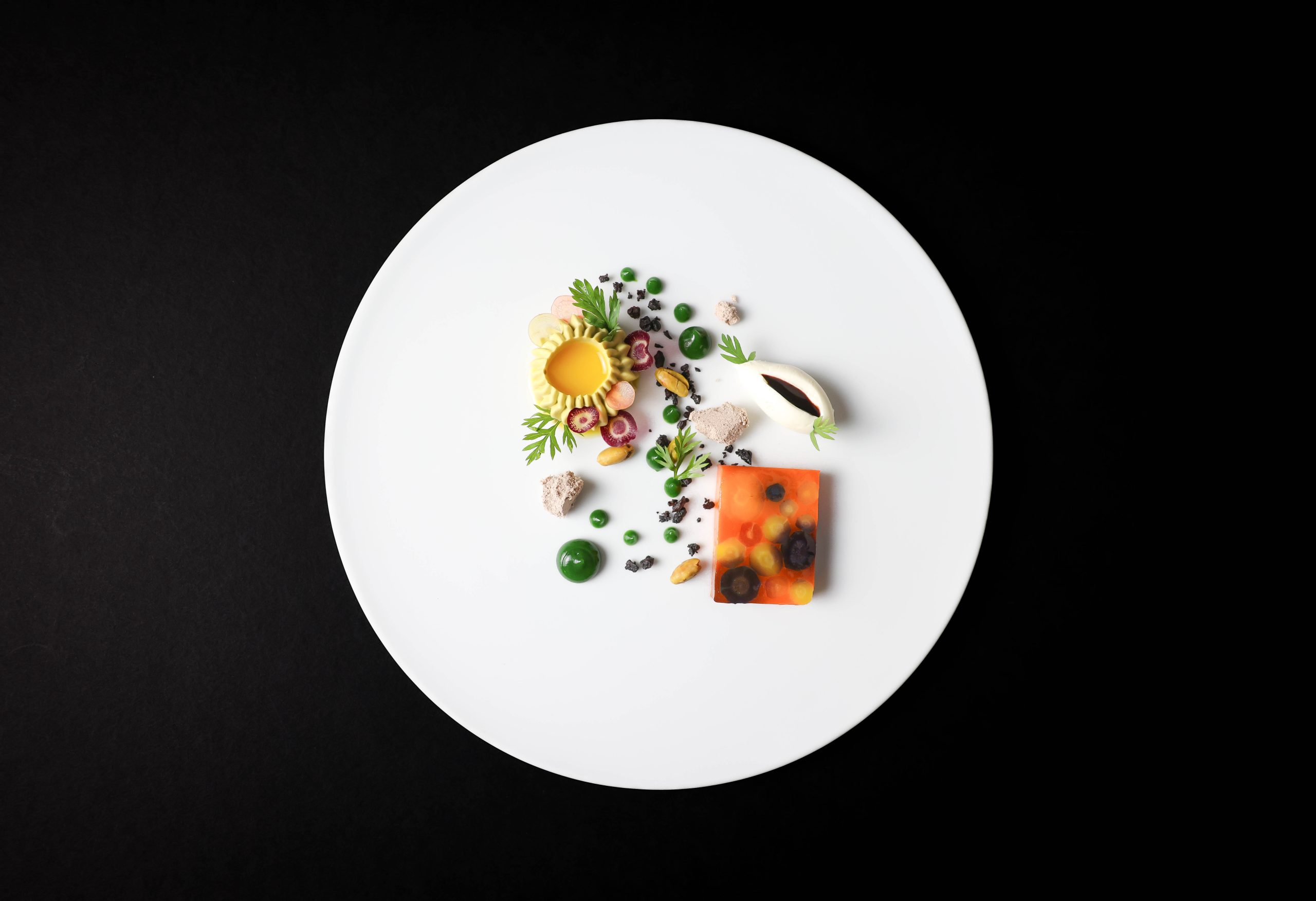
Photo Credit: Michael Muser
You’re known for your artistic plating. Does that come from a background in art?
My dad was a tattoo artist. I did some sketching and painting growing up, but I never studied art formally. Over time, I developed my own style of how dishes should look and how they should be eaten.
You have tattoos from your dad. What do they mean to you?
They’re my favorites. He’s no longer with us, so they’re a constant reminder of him. Tattoos are a kind of therapy. Painful, but meaningful.
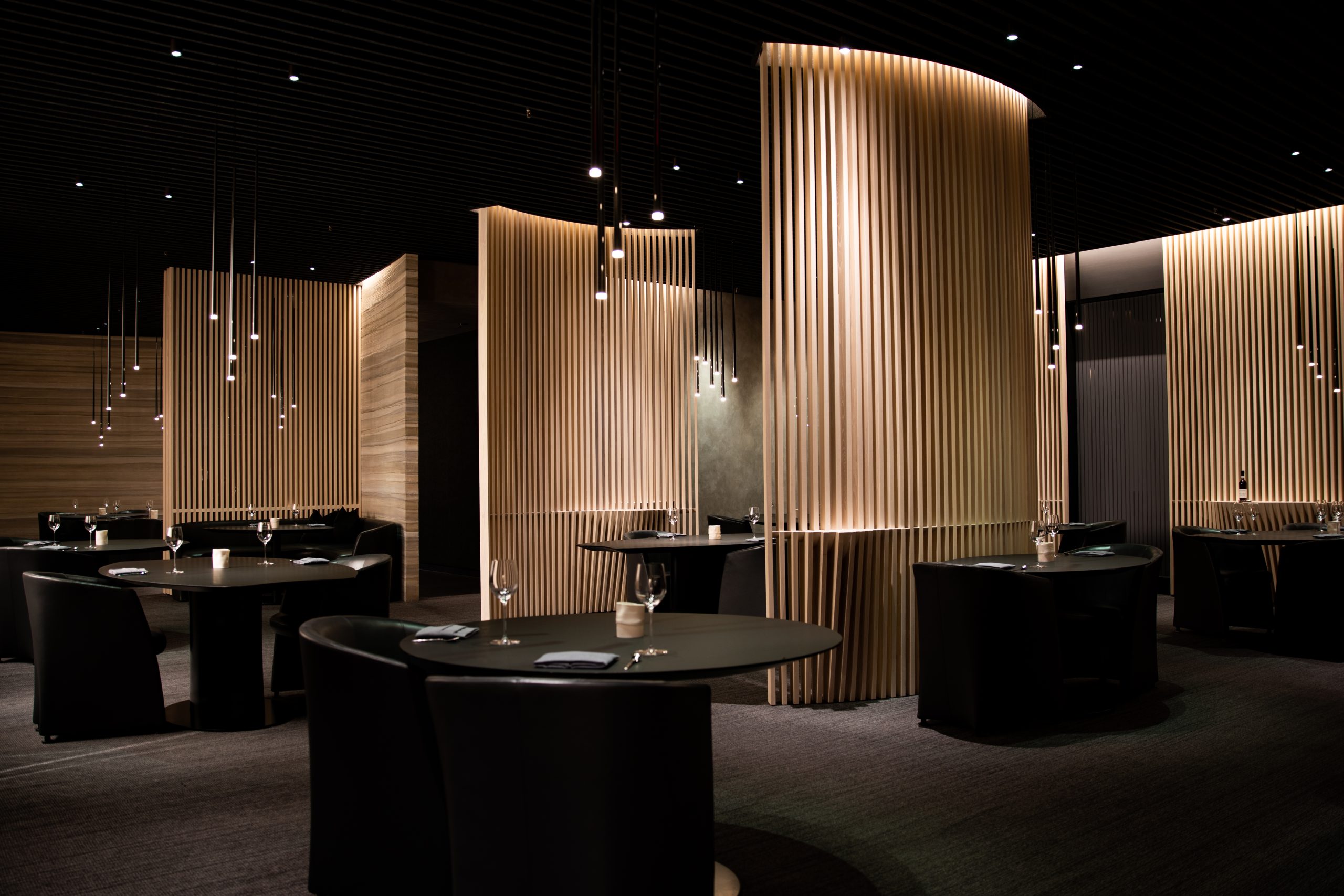
Photo Credit: Michael Muser
Let’s talk about Fireproof. Why that title, and what can readers expect from the book?
Fireproof is about resilience. It’s about surviving things that most people wouldn’t come back from — and still choosing to grow, to live, to love. The book goes deeper than the documentary For Grace ever could. From living in a closet as a child to riding dirt bikes with my dad, from trauma to triumph, it’s all in there. The dark, the joyful, the in-between.
What do you credit your resilience to?
Ironically, my parents. We didn’t have an easy life, but they worked hard — multiple jobs, non-stop. That work ethic, that determination, got passed on to me. I knew I wanted more. I saw what I didn’t want, and that was enough to push me toward what I did.
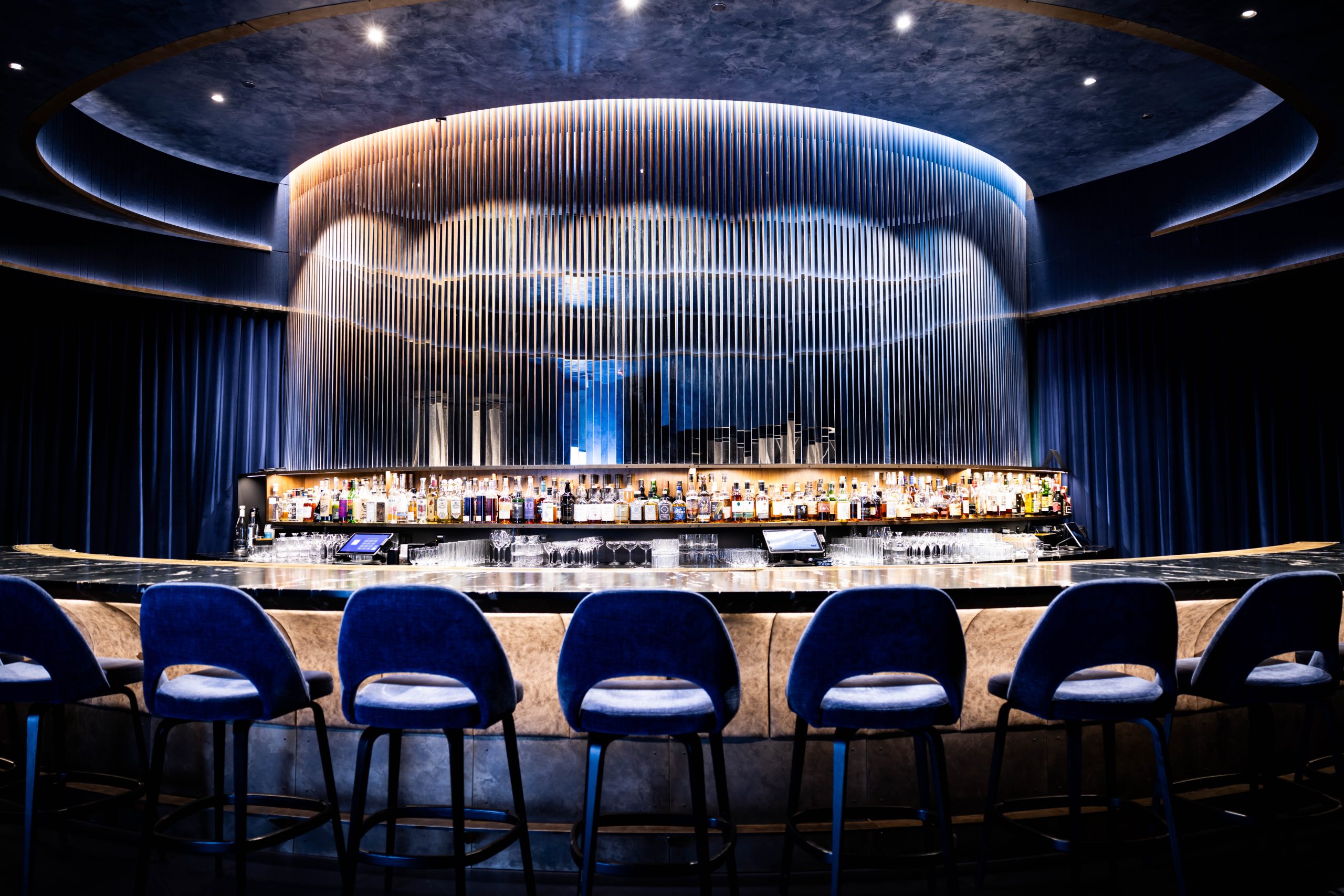
Photo Credit: Michael Muser
It’s extremely rare to be able to flip the script and have such an optimistic outlook after having your kind of upbringing. What do you credit that to?
I credit it to a lot of things, but mostly, learning from the past. I think that fuels a lot of what my inner drive is, ironically, because you would think that you would want the complete opposite. But watching my parents struggle every day working multiple jobs at a time just to provide for us instilled my work ethic and my drive, knowing that I didn’t want any part of that lifestyle. I wanted so much more for myself, and I was lucky enough to see that at a very young age. Living in a closet, you don’t really know anything different than that. But something inside me was like, there’s got to be more than this. I wanted more than that. I didn’t want that to be my life. So, I thought, how do I change that? I knew that I had to work harder than anybody else to get where I wanted to be.
Is ‘fireproof’ how you would describe yourself?
Absolutely. I have been through what I would say as hell and back, and I came out the other side with a pretty positive attitude and drive. I want to be the greatest I can be personally and professionally; I want to be the greatest restaurateur I can be to all my staff. I want to be the greatest father, the greatest husband, the greatest champion for myself. Don’t get me wrong — I still have my hard days. Nothing’s great all the time, but I try to have that attitude — it’s the way I am.
What does legacy look like for you now?
It’s about creating opportunities for my team. I want to help young cooks and staff build restaurants without going through the hardships I did. Too many chefs sign bad deals just to own something. I want to take that risk out of the equation and show them a better way.
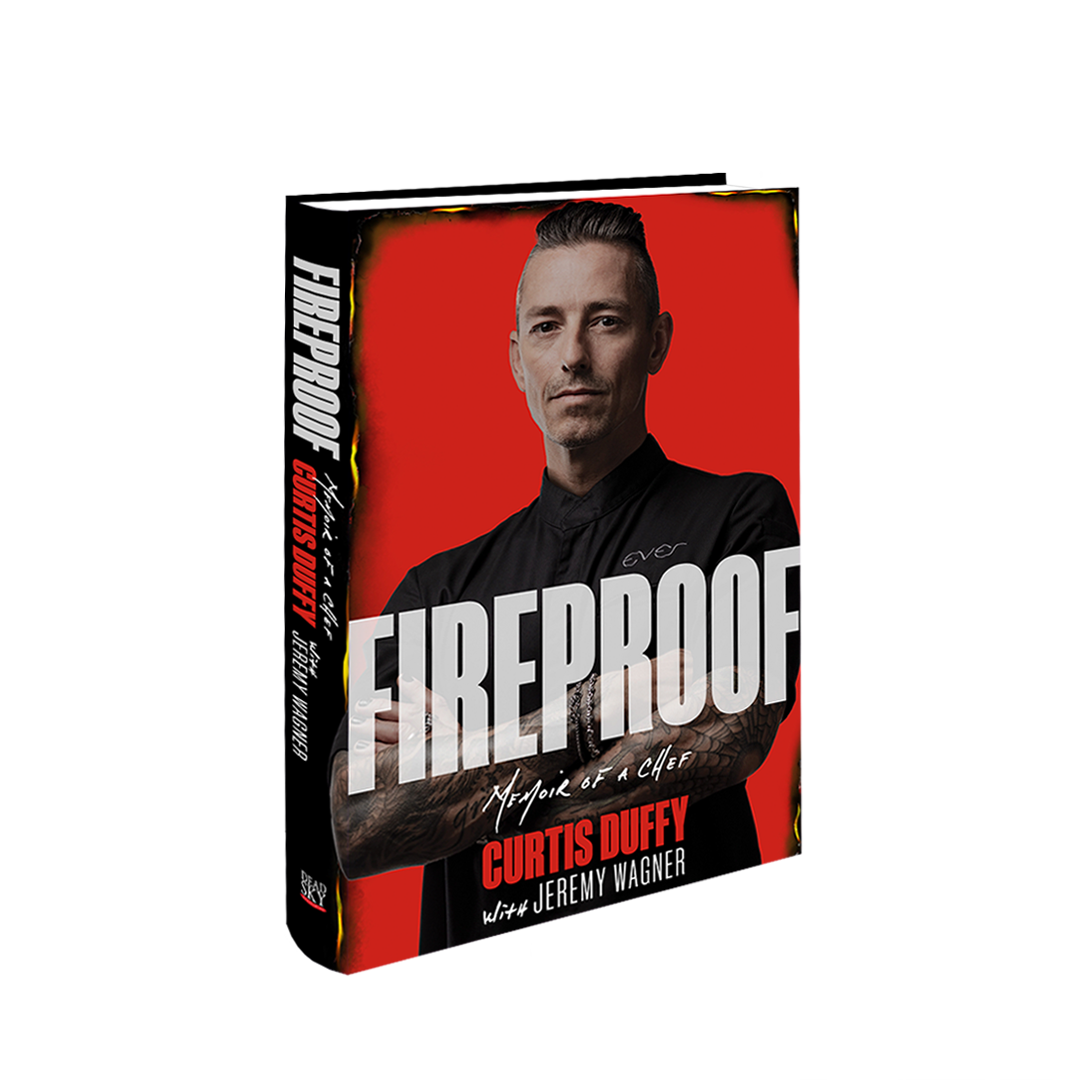
Did you call your restaurants Ever and After as in ‘happily ever after’ — as a result of the tough upbringing you had?
I don’t think it was ever intended to be happily ever after… but maybe subconsciously? We wanted the restaurant and our guests to feel like it was their best experience ever. But maybe selfishly now in hindsight, it is maybe my happily ever after. It certainly could be if we continue to work hard. We’re not there yet, but we will get there eventually. And then, once we get there, the bar’s going to be set even higher.
OK, bottom line: is Ever your happily-ever-after?
Maybe. We originally wanted it to be your “ever” — our guests’ best-ever meal, best-ever experience. But now, maybe it’s mine too. It’s always evolving, always striving. We’re not there yet, and maybe we never will be. But we’re building something real — and maybe that’s the point.
The post Curtis Duffy on Fireproof, Forgiveness, and the Fine Art of Starting Over appeared first on Haute Living.










